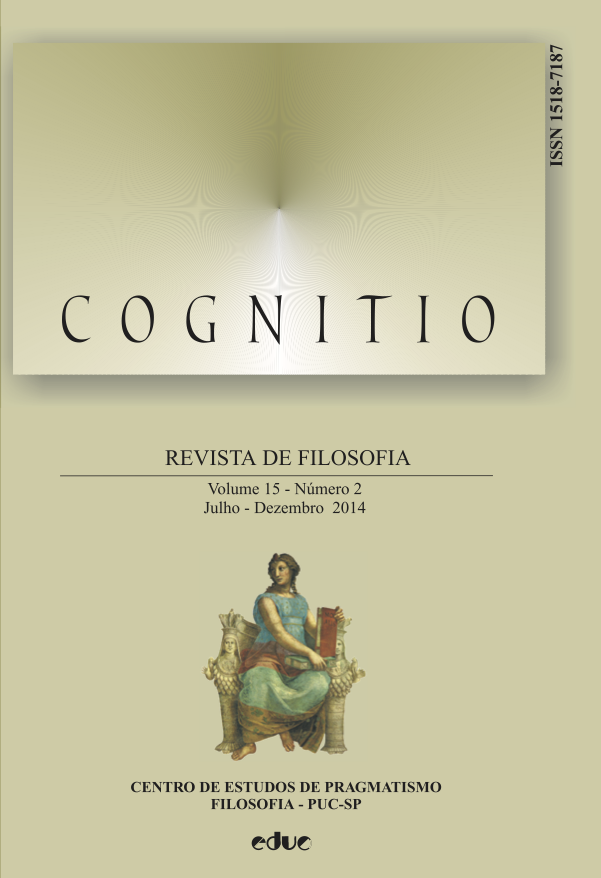The analytical method for the building up of mechanical explanations and its epistemological and methodological consequences: Poincaré’s pragmatism and God’s particle vs. Duhem’s rationalism
Keywords:
Poincaré. Pragmatism. Analytical mechanics. Empirical testability. Falseability. Duhem.Abstract
The article focuses on the analysis of the analytical method, which replaces the synthetic method, to build up mechanical explanations of physical phenomena. The analytical method replaces the construction of mechanical concrete models with mathematical representations. The thesis of the identification of the analytical method, which consists in the addition of a matter theory to mathematical representations, raises epistemological and methodological conflicts among theoretical conceptions of science, such as those of the pragmatist conception of Poincaré and the structural realism of Duhem. The conflict is related to the defense by Poincaré of the identification thesis with its unavoidable problem of the infinity regress, and, the defense of Duhem of the analytical method as a language. This debate creates an appropriate environment for reflecting upon the problem of contemporary physics with its incessant search for new particles such as God’s particle (Higgs Boson).









